The Vietnam Federation of Commerce and Industry (VCCI) has responded in writing to the Ministry of Finance 's Official Dispatch on seeking opinions on the proposal to amend and supplement Decree 132/2020/ND-CP on tax management for enterprises with related-party transactions.
Relationship and interest costs between banks and customers
Article 5.2.d of Decree 132 stipulates that related parties include cases where banks lend to enterprises if the loan is from 25% of the capital contribution and over 50% of the medium and long-term debt of the borrowing enterprise. Many Vietnamese enterprises, especially those in the infrastructure and industrial production sectors, fall into this case due to the high proportion of medium and long-term bank loans. In that case, these enterprises and banks are considered related parties and must apply Decree 132.
Article 16.3.a of Decree 132 stipulates that the interest expense of related parties must not exceed 30% of the enterprise's EBITDA. This provision imposes a fixed rate of 30% without allowing enterprises to prove this expense according to the arm's length principle as with other types of transactions. In other words, even in cases where the enterprise has completely normal interest expenses compared to the general market level and the parties show no signs of pushing interest rates up or down to transfer profits, reasonable expenses cannot be recorded when calculating taxes.
In late 2022 and early 2023, due to macroeconomic fluctuations, interest rates in the market increased sharply. This caused many businesses' interest expenses to increase beyond 30%. Businesses still have to pay the bank for the interest expense exceeding 30%, but it is not considered a deductible expense when calculating taxes. Many businesses reported to VCCI that they suffered large losses due to the sharp increase in interest expenses paid to banks, but still had to pay corporate income tax to the State.
In the Submission, the Ministry of Finance proposed to amend Article 5.2.d in the direction of excluding the determination of affiliated relationships when the credit institution does not participate in the management, control, capital contribution or investment in the borrowing enterprise or is not jointly managed, controlled or capital contributed by another party). This amendment is consistent with Article 5.1 to more clearly define the nature of affiliated relationships and will help to resolve the shortcomings as reflected above.
However, this approach will not solve all cases. In the case where the two parties, the bank and the borrowing enterprise, have a relationship of management, control, and capital contribution, but the loan transaction with an interest rate in line with the general market level will still be controlled by the threshold of 30%. This is not really consistent with the basic goal of Decree 132, which is to prevent transfer pricing. In the above case, the two parties did not change the interest rate (the price of the loan transaction) for the purpose of transfer pricing, but this transaction still followed the principle of independent transactions (arm's length). It is unreasonable not to calculate the interest expense exceeding 30% in a transaction that satisfies the principle of independent transactions.
Therefore, it is recommended that the drafting agency consider amending Article 16.3 of Decree 132 to allow enterprises to prove that their lending transactions are in accordance with the principle of independent transactions by declaring and compiling documents to compare with other lending transactions and/or with the interest rate level in the market. In case this transaction is in accordance with the principle of independent transactions, the enterprise is entitled to deduct all taxable expenses, even if such expenses exceed 30% of EBITDA. According to VCCI's research, some countries in the world also apply this principle.
Effective date
As analyzed above, the sharp increase in interest rates in the market at the end of 2022 and the beginning of 2023 has caused many businesses to encounter difficulties in the tax calculation periods of 2022 and 2023. Therefore, if the amended regulations take effect after the Decree is signed, the above businesses will still have to bear unreasonable tax obligations.
VCCI proposed that the drafting agency study the retroactive effect of the document and allow it to be applied from the 2022 tax period. This retroactive effect provision does not violate the Law on Promulgation of Legal Documents because it does not create new or heavier obligations for businesses and people.
Applying regulations on interest expense ceilings to domestic transactions, there is no tax rate difference
Article 19.1 of Decree 132 exempts the obligation to declare and prepare transfer pricing documents for cases where related parties only pay income tax in Vietnam and there is no difference in tax rates. This provision is reasonable because there is not much incentive to transfer pricing between two domestic enterprises without a difference in tax rates. However, Article 19.1 does not apply to the limitation of interest expenses prescribed in Article 16.3.a of the Decree. In other words, in cases where two domestic affiliated enterprises with no difference in tax rates do business with each other, other transactions are not bound by Decree 132, but the lending transaction is subject to a limitation on interest expenses.
The limitation on borrowing costs in Article 16.3 for purely domestic transactions is speculated to be aimed at combating the “thin capital” situation of enterprises. Limiting thin capital helps ensure financial security, avoiding the situation where large enterprises borrow too much, do not ensure safety ratios and easily lead to loss of liquidity when there are unexpected fluctuations. However, this regulation does not ensure reasonableness, causing many negative impacts on Vietnamese enterprises, especially large enterprises, specifically as follows.
Firstly, the situation of “thin capital” in Vietnam is indeed happening, but this is common and necessary in the new stage of industrialization in developing countries.
In early industrialized countries, growth drivers depend heavily on technological development. This growth model is high-risk, so businesses often seek to share risks through issuing shares (forming equity). The transparency of financial markets in these countries also makes investors willing to buy shares and share risks with businesses. Therefore, the capital structure of businesses in developed, early industrialized countries often has a high equity ratio and low debt capital. On the contrary, in developing, late industrialized countries, growth drivers depend heavily on the ability to reduce product costs based on capital accumulation and more flexible management. To do this, businesses must rely heavily on loans and the assistance of lenders to enhance corporate governance capacity, helping to reduce costs. Along with the lack of transparency in financial markets, firms in late industrializing countries rely more on debt capital than firms in early industrializing countries.
Vietnam is a country in the process of industrialization. Enterprises in the infrastructure and industrial production sectors of Vietnam are trying to reduce costs in order to compete in the international market. It is inevitable and necessary for Vietnamese enterprises to rely on loans from domestic banks to accelerate the country's industrialization process. Therefore, the application of anti-thin capital rules of developed countries needs to be considered more carefully in the context of Vietnam.
Second, the regulation on limiting borrowing costs negatively impacts the formation of domestic economic groups. This impact goes against the policy of Resolution 10-NQ/TW in 2017 of the Central Executive Committee on private economic development. The Resolution clearly states the guiding viewpoint as “Encouraging the formation of multi-owned private economic groups and private capital contribution to state-owned economic groups, capable of participating in regional and global production networks and value chains.”
Such a regulation will adversely affect the formation of private economic groups as well as encourage private economic groups to invest in risky fields. Normally, when a group wants to invest in a risky field such as a large-scale production project, the parent company of the group will borrow from the bank and then lend to the subsidiary. This is an affiliated transaction and is affected by the interest expense ceiling regulation.
For those reasons, it is recommended that the drafting agency amend the provisions in Article 16.3 and Article 19.1 in the direction of exempting the obligation to meet the provisions on limiting interest expenses for related transactions between domestic enterprises with the same tax rate.
Previously, the Ho Chi Minh City Real Estate Association (HoREA) had proposed to the Ministry of Finance and the Prime Minister to amend Decree 132 to remove the 30% ceiling because it believed that this regulation was unreasonable and had made the picture of investment, production and business activities of enterprises not be reflected honestly, fully and promptly.
Along with that, it can damage the legitimate and legal interests of businesses that do business honestly, truthfully, and comply with the law, HoREA said.
In addition, this Association also proposed to amend and supplement Clause 3, Article 16 of Decree 132 in the direction of only applying to foreign enterprises with related-party transactions and not applying global minimum tax, not applying to domestic enterprises with related-party transactions.
TM
Source



![[Photo] General Secretary To Lam attends the 80th anniversary of Vietnam's diplomacy](https://vstatic.vietnam.vn/vietnam/resource/IMAGE/2025/8/25/3dc715efdbf74937b6fe8072bac5cb30)









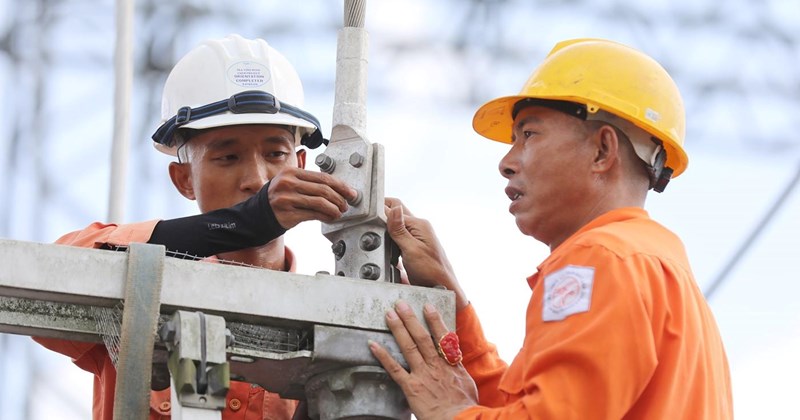

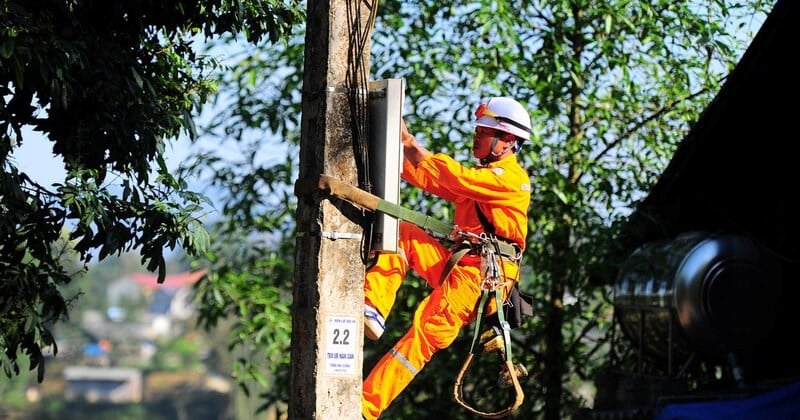
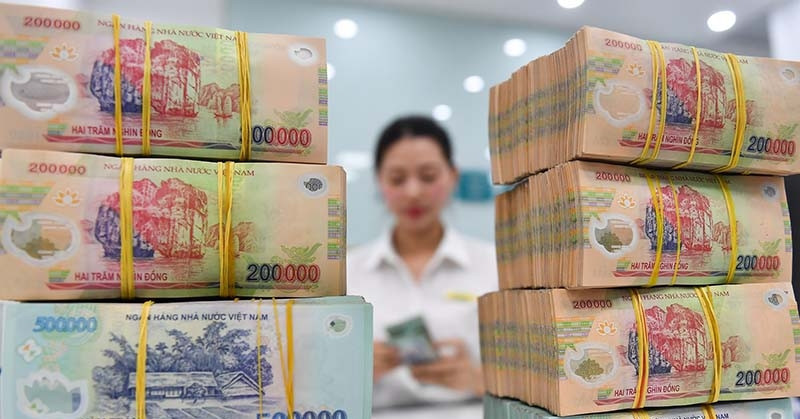

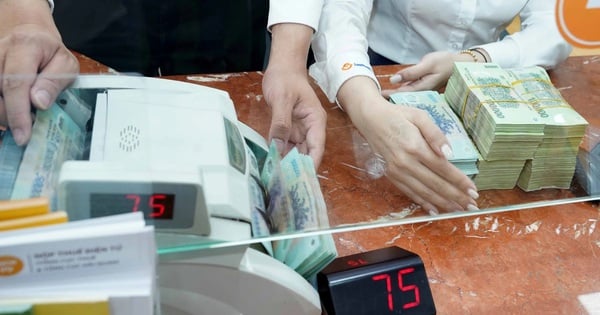



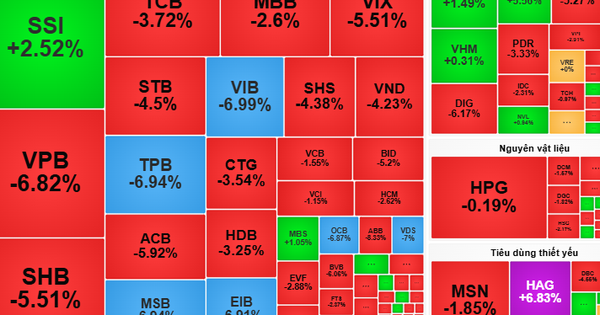

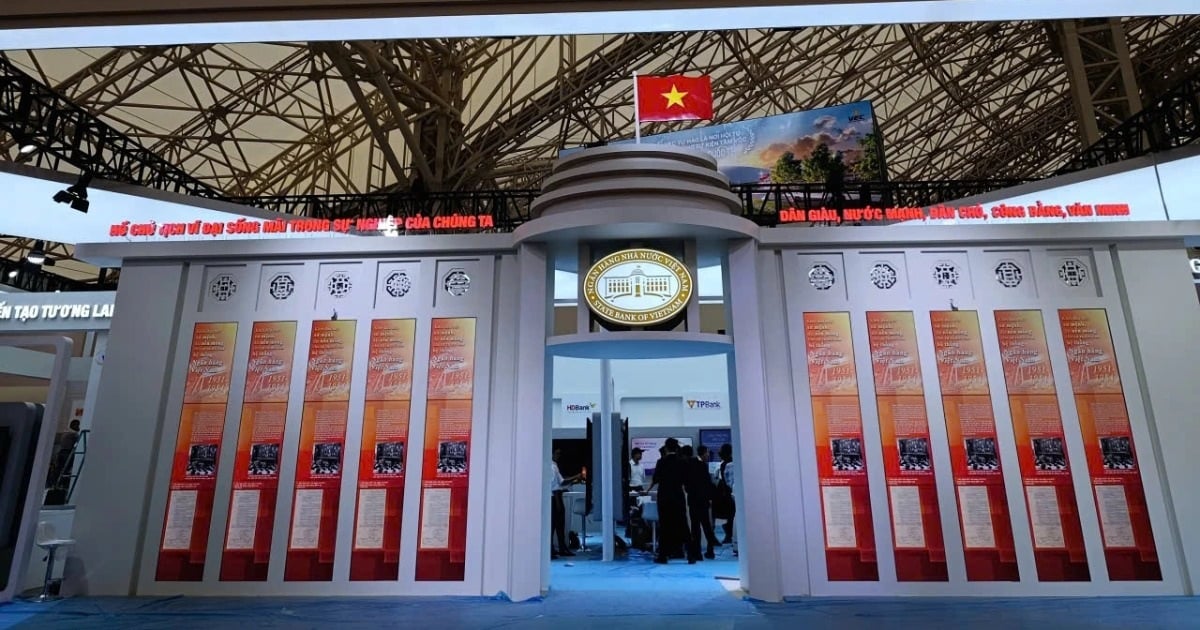

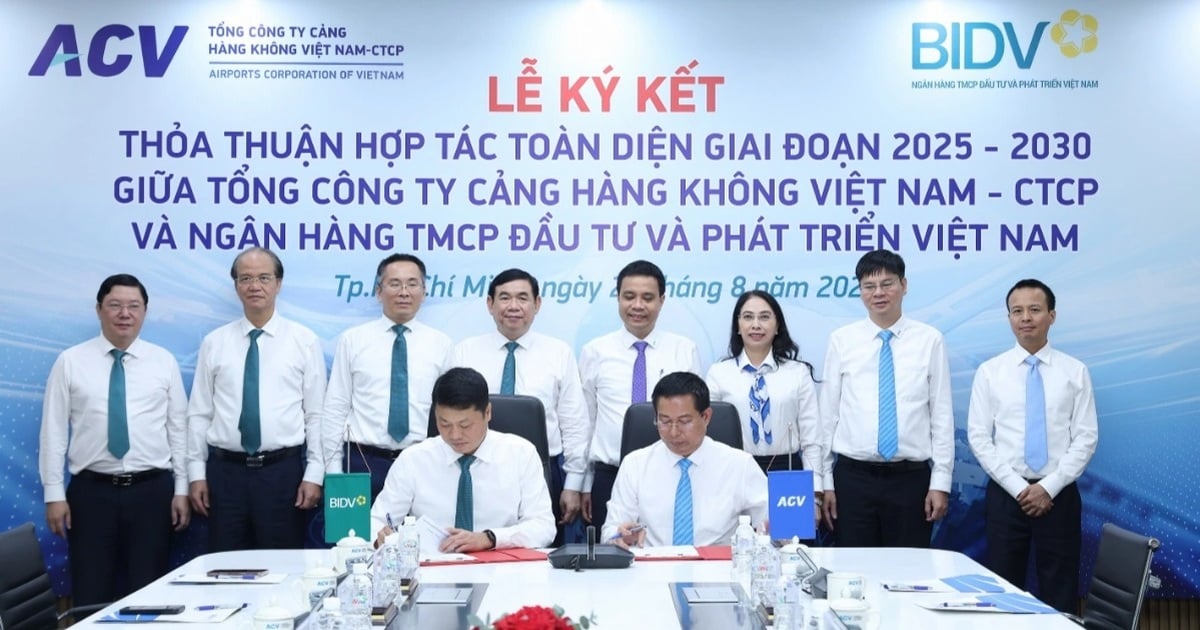


























































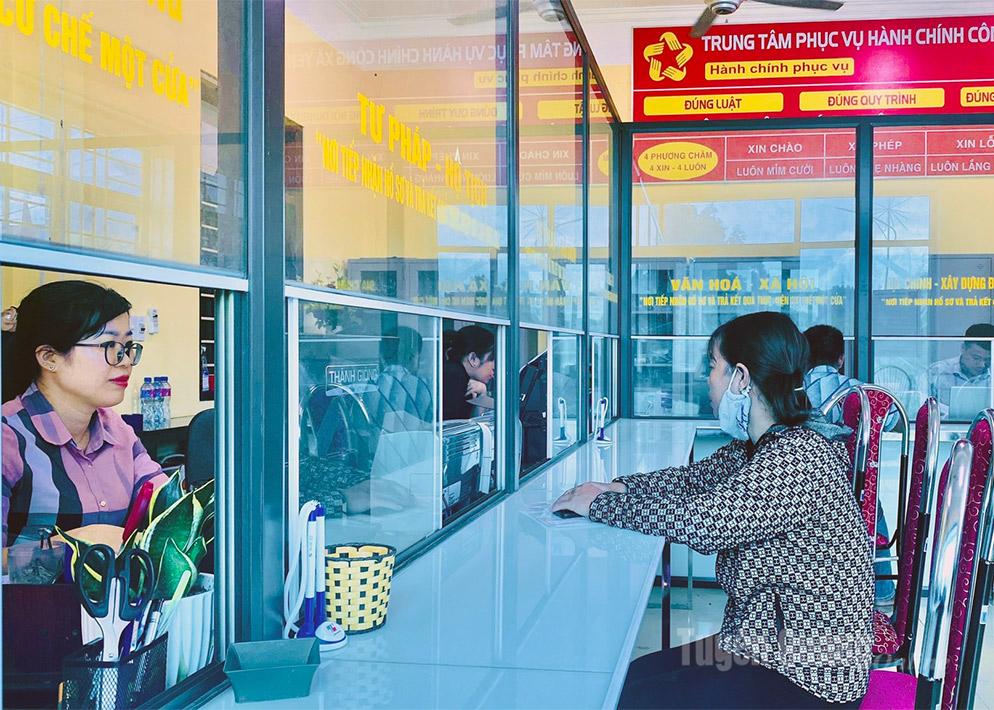


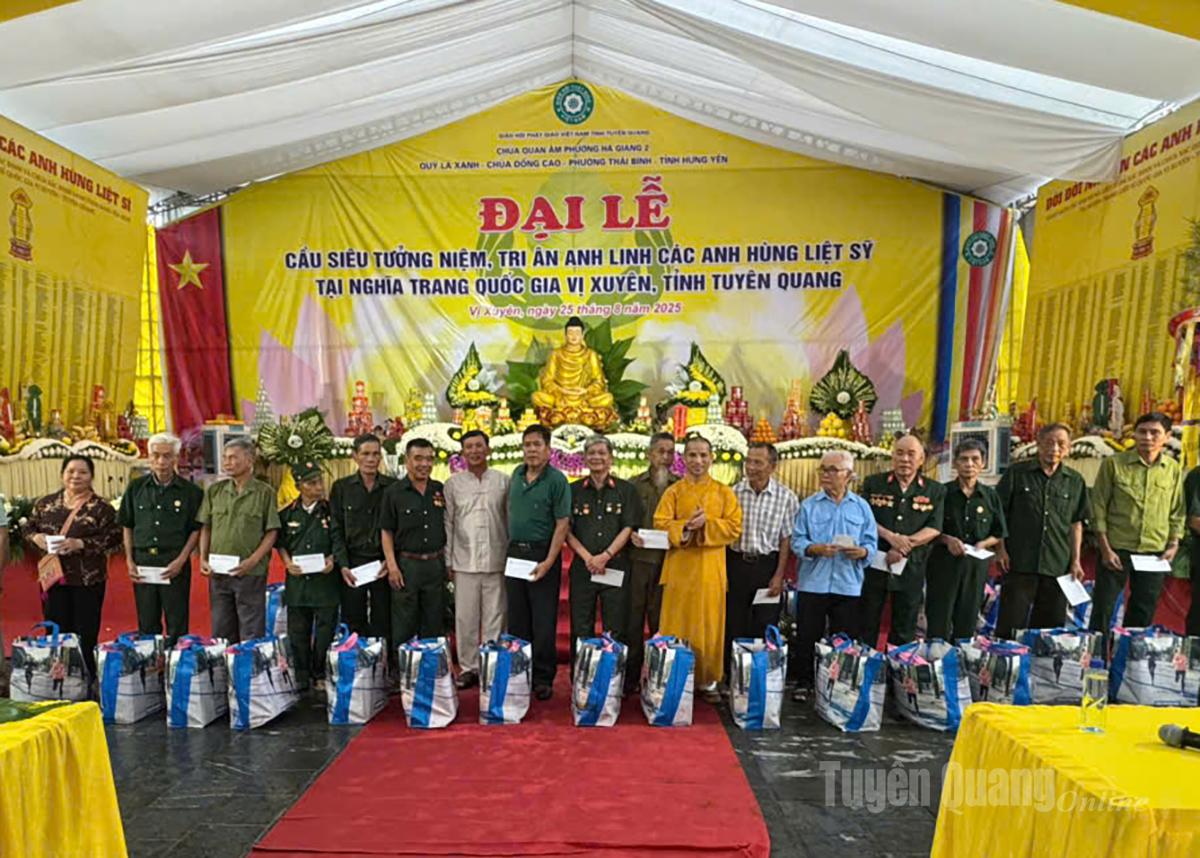





















Comment (0)